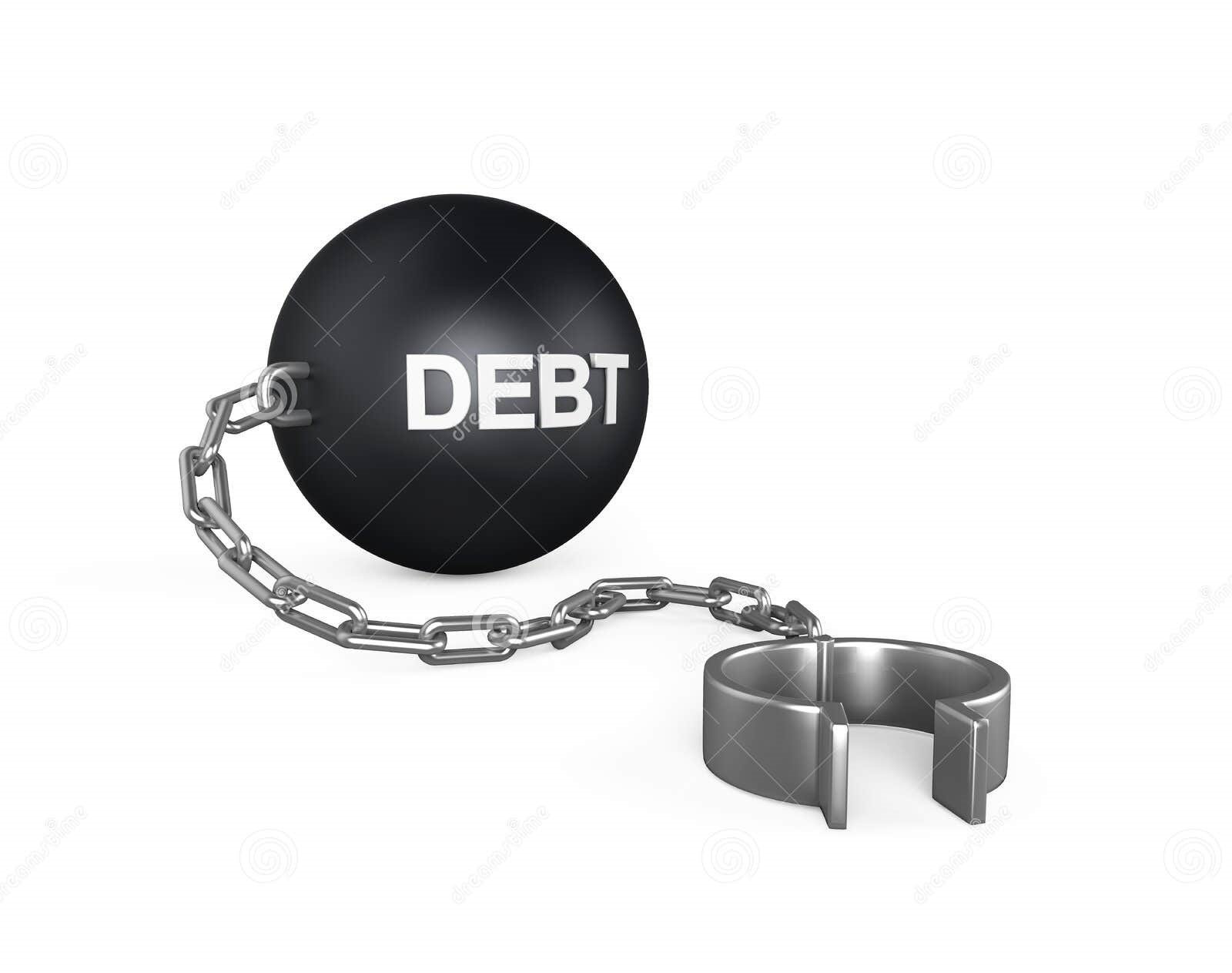
HOW THE DEBT ECONOMY “TURNS US INTO SLAVES OF THE STATE”
By Jörg Guido Hülsmann – October 24, 2023
First of all, modern man, living in a price inflationary economy, in a debt economy, tends to be short-sighted and reductionist in his vision. He tends to be short-sighted because he needs to bring money on the table every single month. He needs to service his debt.
So, he cannot just lay back as our ancestors would have done in the 19th century. They had no debt. If there’s no money forthcoming in any month, or maybe there’s a bad year and so on, well, we get over this. We have some savings, and so on, we get over the time.
Today we need to make sure that every first of the month, we have what it takes to service our contractual obligations.
And it also makes us therefore reductionist because all other considerations are relegated, right? Relegated quality of our business to other objectives that we pursue in life, right? So this becomes the number one objective.
Second. Modern man, the man living in the debt economy, tends to be servile.
In order to benefit from this process, in order to be one of those who are first among the users of the new units of money, the only way for him to do this is to take out new loans. In order to qualify for loans, he needs collateral, he needs revenue, he needs to demonstrate that he’s a server and good contractual partner who will do whatever is necessary and never disturbs anything.
So we get here the whole history of credit scores which easily tend to be transformed, and we’ve seen this in the case of China and even some Western economies, into social credit scores.
So you frequent the wrong people, you support the wrong political party, you eat meat rather than fish, or meat rather than vegetables, you don’t do enough for the environment, you smoke cigars, no smoking at all, your social credit score diminishes, and as a consequence, you’re relegated to lower places in the competition for additional credits.
Third. In a debt economy, values tend to be turned upside down. The long run becomes less important as compared to the short run. Of course, the important word is less, right? It’s not the case that the long run no longer counts, but it becomes relatively less important than the short run.
And even in a normal economy that is based on private property rights, there’s no monetary interventionism, there’s always a balance between the short run and the long run. Nobody lives just for the long run, and so on. You always have short-run goals that need to be balanced, and equilibrated relative to short-run goals. But in a debt economy, the short run primes because you need the short run to service the debt in order to survive the long run.
Independence becomes less important as compared to the dependence that comes with relying on additional credits. And that leads to the sort of servility that I mentioned before. A highly indebted citizen is a compliant servile citizen. Just think of the experience that we had during the Covid years. Why did Covid doctors so readily give in to pressure coming from the government?
Because the answer is very briefly that they could not have survived three months without the money coming from the system because they were all indebted to the Hilt. So they needed the money to be forthcoming, so they gave in. Debt makes compliance. Same thing for bank customers, the same thing for the Canadian truck drivers, the same thing for internet providers, and so on.
It’s really the debt economy that turns us into slaves of the state.

What is the old adage? “Use other peoples money until you run out”.